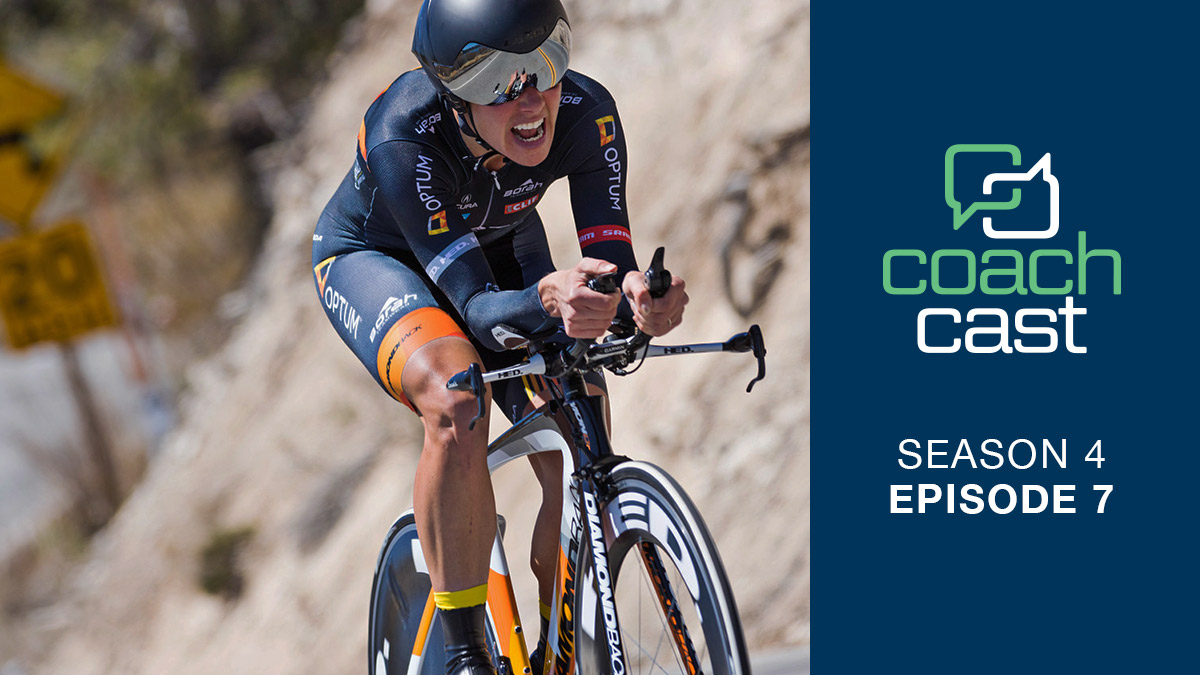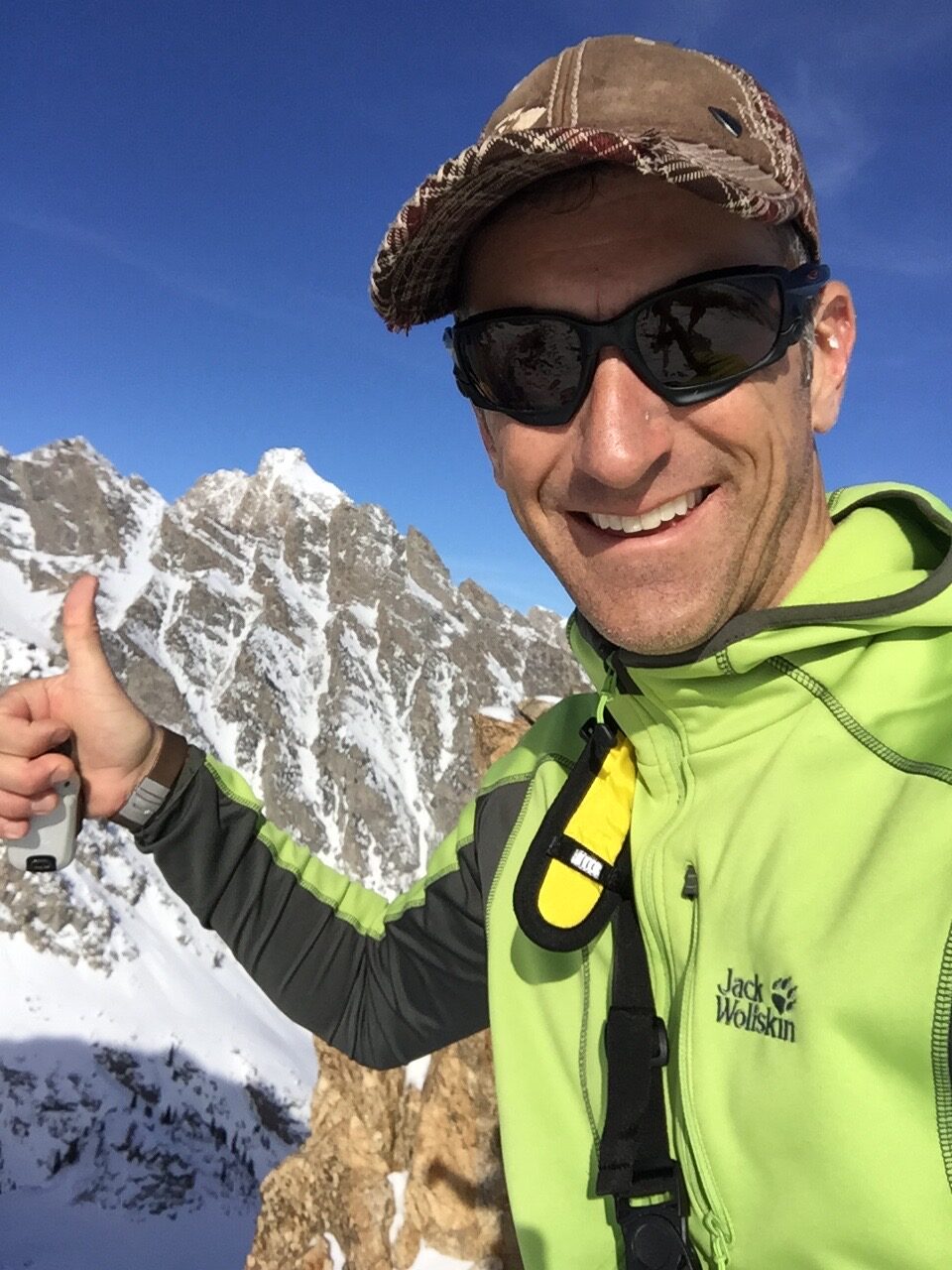Despite establishing a career in the financial domain after college, Amy Charity took a big gamble, trading boardrooms for race courses. She is now a former professional cyclist and member of a World Championship time trial team for the United States, and author of “The Wrong Side of Comfortable.” Her new career is co-founder and owner of the SBT GRVL gravel event that has become one of the marquee cycling events in North America.
Charity focuses her efforts in the cycling community, bringing more diversity and new cyclists to the gravel roads of Colorado. Additionally, she’s become a coach to several beginners learning and training their way to take on the various distances of SBT GRVL. She has created an opening for more riders to experience the gravel scene through partnerships with other cycling advocacy groups.
Standout Quotes
“It’s been really fun seeing the sport of sort of gravel emerge and then also having this variety of athletes. But I think in terms of the mistakes [newer and existing athletes], I’m seeing one classic mistake is just flat-out overtraining. And overtraining in just one zone. “So I’m going to hop on my trainer or my bike and I’m going to ride eight hours, and that should be good. And I’ll do that a handful of times. And then I’m ready for an endurance event,” and I think what I’m trying to demonstrate to them through structure is you’ve got to tap into those higher levels, in those higher zones. And you also need recovery.
So I think that’s one of the key pieces, is you take people who appreciate endurance athletics, and they’re motivated, and they just do too much. And then I have another athlete that I coach that just really resists structure, and [he’s] like, “I just want to ride my bike with my friends.” And so we’ve had to get pretty creative with building in how he can get in some of those intervals. So we’ve actually found there’s one road that he likes to do, and I’m like, “Are there stop signs? What are your landmarks? You’re going to sprint for your landmarks.” And so we have to do a little bit creative with him to make sure to build in structure in a way that he doesn’t notice that he’s doing structure. So those are kind of the big mistakes that I see from the beginners.”
Another [and] it’s interesting, I see this across the board with athletes, no matter how fit they are, how experienced…you start gaining fitness, and you get close to your event, and you’re watching sort of other people’s dramas, or you’re watching other group rides, and you’re like, “OK, I’m six days out from SBT gravel. I’ve got to do 100 miles because I’m feeling good. And 100 miles feels like nothing.”
But if you even if you don’t touch the bike for five days, you’re better off than if you go out on a long ride close to the event. And I think just having people realize that and look at some of their numbers and understand that you’re not gaining fitness. I know you feel good now, but you’ve got to back off.”
“Yeah, I think my general philosophy in life is, like, not having regrets. And I always try to fast forward to like, when I’m 70, when I’m 80, like am I going to look back and think, man, that was so cool, you made a lot of money, the hedge fund. Like, now who cares? Oh, that was so cool; you raced in the World Championships on a bike. Yeah, that’s what I want to talk about when I meet people! No one cares about what you did in your career path in financial services, but you talk about, like, some of the cool things you were able to do on a bike, and that, to me, that’s what I want to look back and talk about.
And I think very similarly with putting on an event, this is a culmination of what a business background and a cycling background can do. And then now I’m in a position to actually drive change, like get people on bikes and get diversity on bikes and more women on bikes. So that, to me, is just like an absolute no-brainer. It’s like, I can actually make a bit of a difference. Before, it felt very sort of self-focused. How do I go about maximizing what I can do? And now it’s like, this is a cool opportunity to — I mean, the selfish side is I feel really good about it. But it’s also, you get to do some cool things, and you see, you’re making little differences within our cycling world.”
“I remember when I first signed up for a road event, and it said like Cat 1, 2, 3, 4. I was like, what’s a Cat? What Cat am I? Do I just pick one? And just to think of like, for those of you getting into road racing, it’s like you need to know where you stand. There’s a long system to move up in categories. And for gravel racing, my mom can register for a gravel event, and she will start with me if she wants. It is a mass start. It’s mass participation, and you pick and choose, and so I think that is the beauty there. That’s a real barrier when you need to think of, like, what category you are in; your best friend might race five hours after you because they’re in a different category versus in a gravel event. We all start together, and I think that’s one of the reasons it’s so inclusive.”
References
Amy Charity online:
Instagram
amymcharity.com
SBT GRVL.com
SBT GRVL on Instagram



